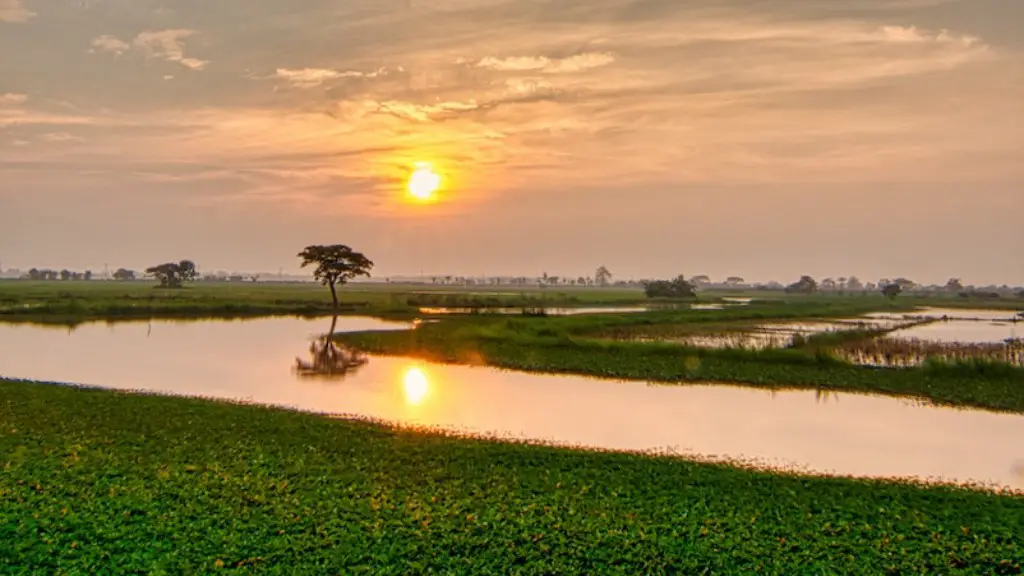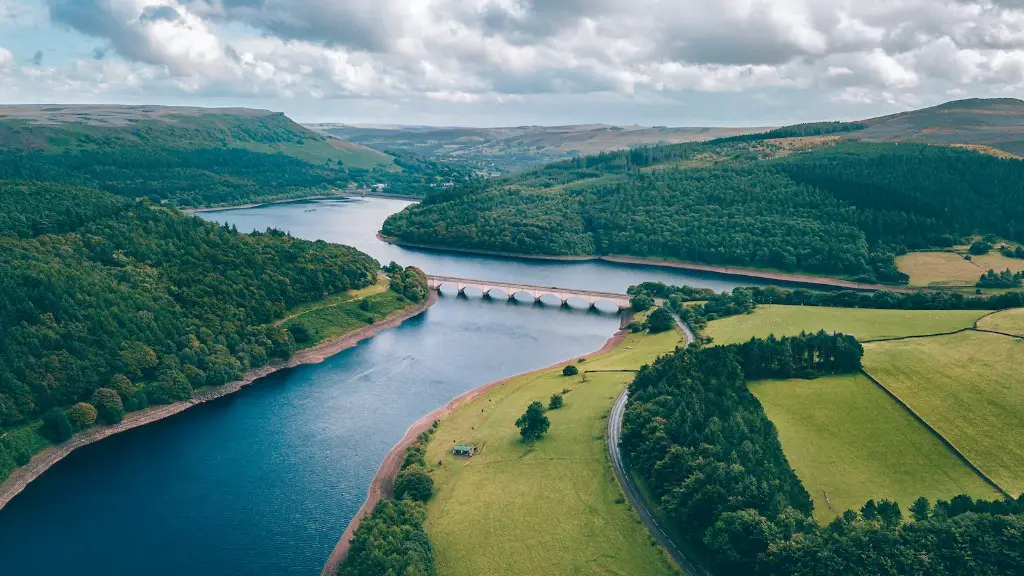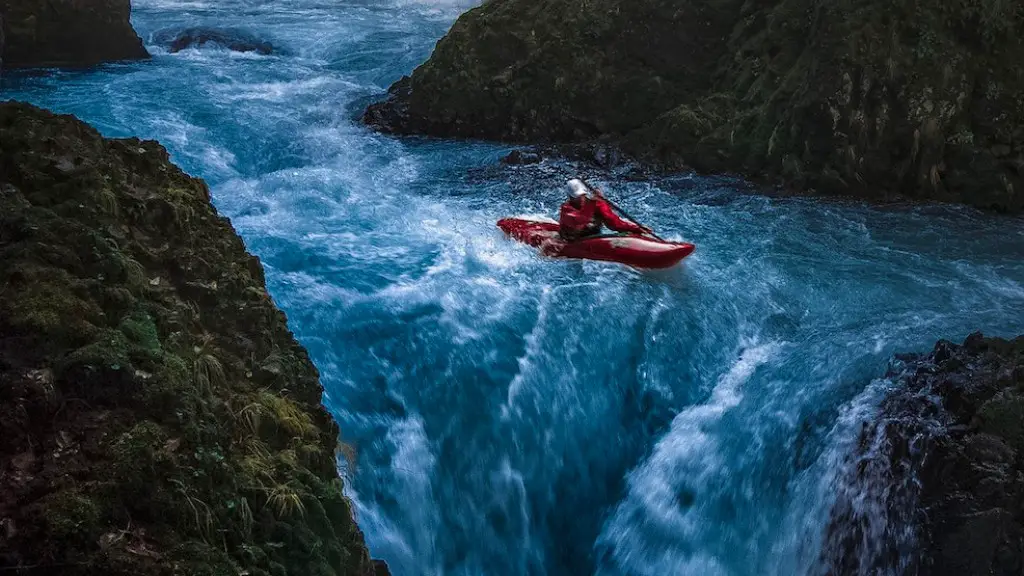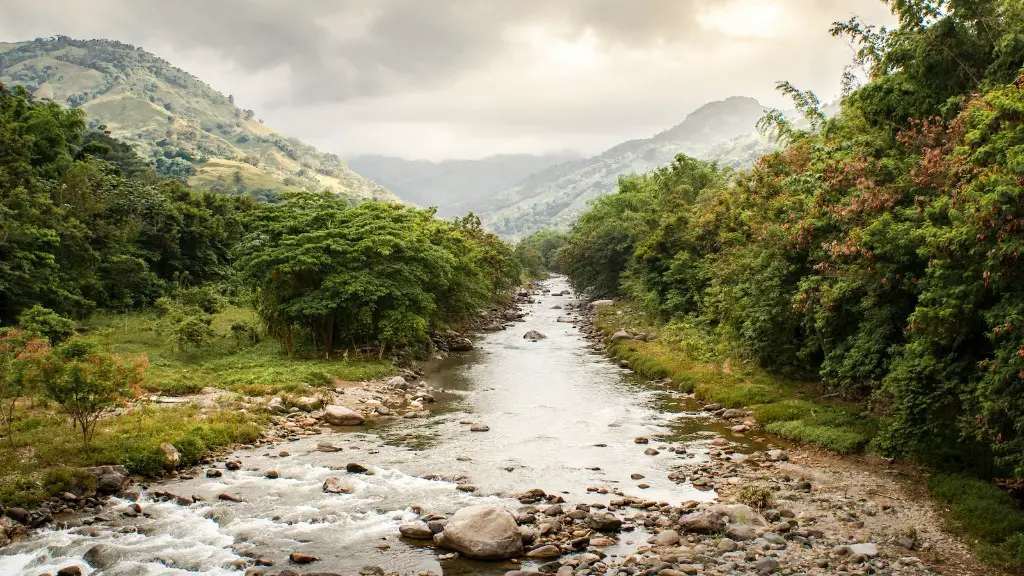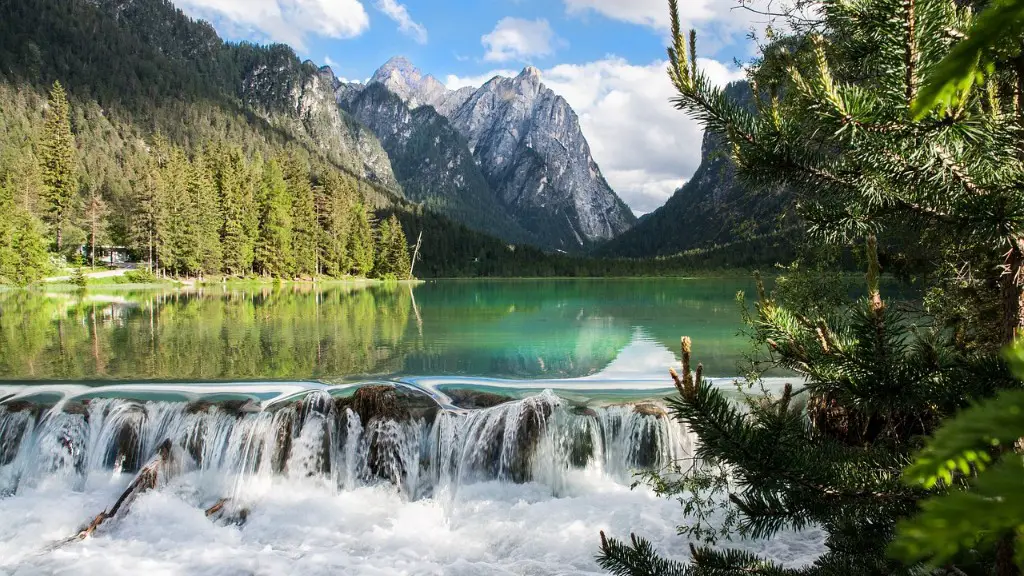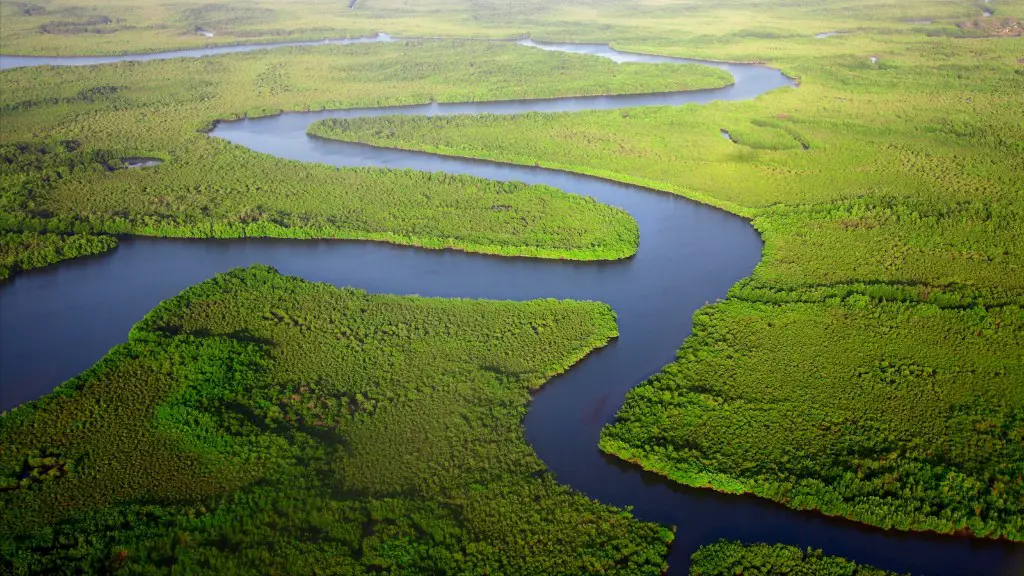Where is the Mississippi River Located on a World Map?
The Mississippi River is one of the most famous rivers in the United States. It has been featured in many novels, movies, and television shows. Its vastness and beauty make it a popular place for recreation and sightseeing. But where exactly is this river located? This article will explore the location of the Mississippi River on a world map.
The Mississippi River flows south from its source near Lake Itasca, located in northern Minnesota. The river then flows south to the Gulf of Mexico, where it empties out into the ocean. Along the way, it forms the borders of ten different U.S. states. These states include Minnesota, Wisconsin, Iowa, Illinois, Missouri, Kentucky, Tennessee, Arkansas, Mississippi, and Louisiana.
When looking at a world map, it is easy to identify the Mississippi River. It can be seen on most detailed maps as a small black line snaking its way from Minnesota to the Gulf of Mexico. On a larger map, the river might take on a wiggly or squiggly shape, depending on how detailed the map is. This is because the river’s course is winding, and it does not always follow a straight line.
The Mississippi River is known for its significance in American history. It was a major transportation route for Native Americans, early settlers, and the fur trade industry. During the American Civil War, a large naval battle was fought near Vicksburg, Mississippi. The river was also a major stop on the Underground Railroad, a route that African-American slaves used to escape bondage. The river has also been a critical part of the United States’ industrial development, and is still an important source of fresh water.
Today, the Mississippi River is a major tourist destination, attracting visitors from all over the world. People can take boat tours, attend festivals, and fish in the river. Some of the most popular destinations are the cities of Memphis, Tennessee and St. Louis, Missouri. For those looking to experience the river from the comfort of their own home, there are many online resources and virtual tours to explore.
Mississippi River’s Relationship with the Environment
The Mississippi River is vital for the environment, both in the United States and around the world. The river helps to support a variety of plant and animal species that depend on it for habitat, food, and water. The river’s wetlands also provide essential habitat for thousands of species. Additionally, the Mississippi River’s large wetlands store and regulate the flow of water during floods, providing flood control in many areas.
Despite its importance to the environment, the Mississippi River has suffered many ecological issues over the years. Overdevelopment along the banks of the river has led to the destruction of many important habitats. Pollution is another major concern, with agricultural runoff and other contaminants flowing into the river. Climate change has also been a threat, as rising temperatures and longer droughts have caused water levels to become dangerously low in some areas.
Luckily, many of these issues have been addressed in recent years. Local, state, and federal governments have implemented regulations and preservation measures to help protect the river. Conservation groups such as The Nature Conservancy are also working on restoration and biodiversity projects along the river.
In addition, organizations such as the Great Lakes Restoration Initiative have focused on restoring the ecological health of the entire Mississippi River basin. These efforts have helped to ensure that the river remains a life-giving resource for many species and habitats.
Mississippi River’s CulturalSignificance
The Mississippi River is also a major cultural icon in the United States. The river has been celebrated in books, movies, television shows, and songs. The river’s importance in American literature is evident in the works of famous authors such as Mark Twain and Ernest Hemingway, both of whom wrote stories set along the Mississippi River.
The river is also known for its influence in the music of the southern United States. Songs such as “Down to the River to Pray” and “Oh Susanna” have been sung for generations, and many of the great jazz musicians of the 1920s and 1930s made the Mississippi River their home.
The river has also been used as a symbol of hope and courage in times of struggle. During the civil rights movement, activists used the Mississippi River as a rallying cry for freedom and justice. This symbol of hope has been embraced by many people, both in the United States and around the world.
Mississippi River’s Impact on Economy
The Mississippi River has also had a significant impact on the economy of the United States. It is one of the major waterways used to transport goods across the country and internationally. The river also offers many recreational activities, such as fishing and boating, which bring in much-needed revenue to the local economy.
The river’s ports are also essential to the economy. These ports are used to import and export goods, and are also used for US military operations and government operations. The river also provides essential resources for large businesses, such as power plants and factories.
The Mississippi River also supports the lives of millions of people. People who live and work near the river rely on its resources and ecosystem for sustenance and livelihood. Without the Mississippi River, many communities in the United States and around the world would be in danger of poverty and despair.
Mississippi River’s Preservation
In order to preserve the Mississippi River and its resources, it is important to undertake certain stewardship steps. These include reducing water pollution, restoring ecosystems, and protecting important habitats. Additionally, it is important to educate people about the importance of the Mississippi River and its resources. Teaching people about the river’s importance and the steps they can take to preserve it is essential for the continued health of the river and its people.
The Mississippi River is an essential part of the United States. Its location on a world map is just the beginning of its importance to the nation’s history, economy, environment, and culture. While this article may have given you an idea of the river’s location, nothing replaces experiencing it in person. So if you ever get the chance, be sure to visit the Mighty Mississippi and explore its wonders for yourself.
Human Development and the Mississippi River
The Mississippi River has experienced significant human development over the years. Many cities, towns, and villages have been established along the banks of this great river. For example, St. Louis, Missouri is a major metropolitan city located along the Mississippi River. Along the river you will also find numerous small towns and villages that depend on the river for their livelihood.
Despite the presence of human development, the Mississippi River has been able to retain much of its natural state. Much of the wildlife that inhabited the river hundreds of years ago is still present today. Though the river has changed over time, it is still a place where people can experience the natural beauty of the land and its diverse wildlife.
The Mississippi River is also a source of recreation for many people. People come to the river for fishing, boating, camping, and other outdoor activities. These activities provide many economic and social benefits to the local communities. Not only do people come to the river for fun, but many make a living from its waters.
The Mississippi River is a source of life and livelihood for many people. It is vital that we take steps to protect this valuable resource for future generations. This includes encouraging sustainable development and limiting pollution. It also means supporting programs that promote responsible fishing and boating practices. By doing so, we can ensure that the Mississippi River remains a vibrant and healthy place for years to come.
Mississippi River’s Contribution to U.S. History
The Mississippi River has played a major role in the history of the United States. It was the primary transportation route for early settlers and explorers. It was also a key factor in the development of the nation’s economy during the Industrial Revolution. The river even served as a major military post during the Civil War.
Today, the Mississippi River remains a vital part of the U.S. economy, culture, and environment. Its waters provide essential resources and habitats for many species. It is also a source of recreation, sustenance, and livelihood for many people. The river has seen many changes over the years, but it remains an important symbol of the nation’s history and identity.
As Americans, it is important to recognize and appreciate the important role the Mississippi River has played in our nation’s history. We can honor the legacy of this vital river by taking steps to ensure its future sustainability. We must continue to work together to protect the Mississippi River and its resources for future generations.
